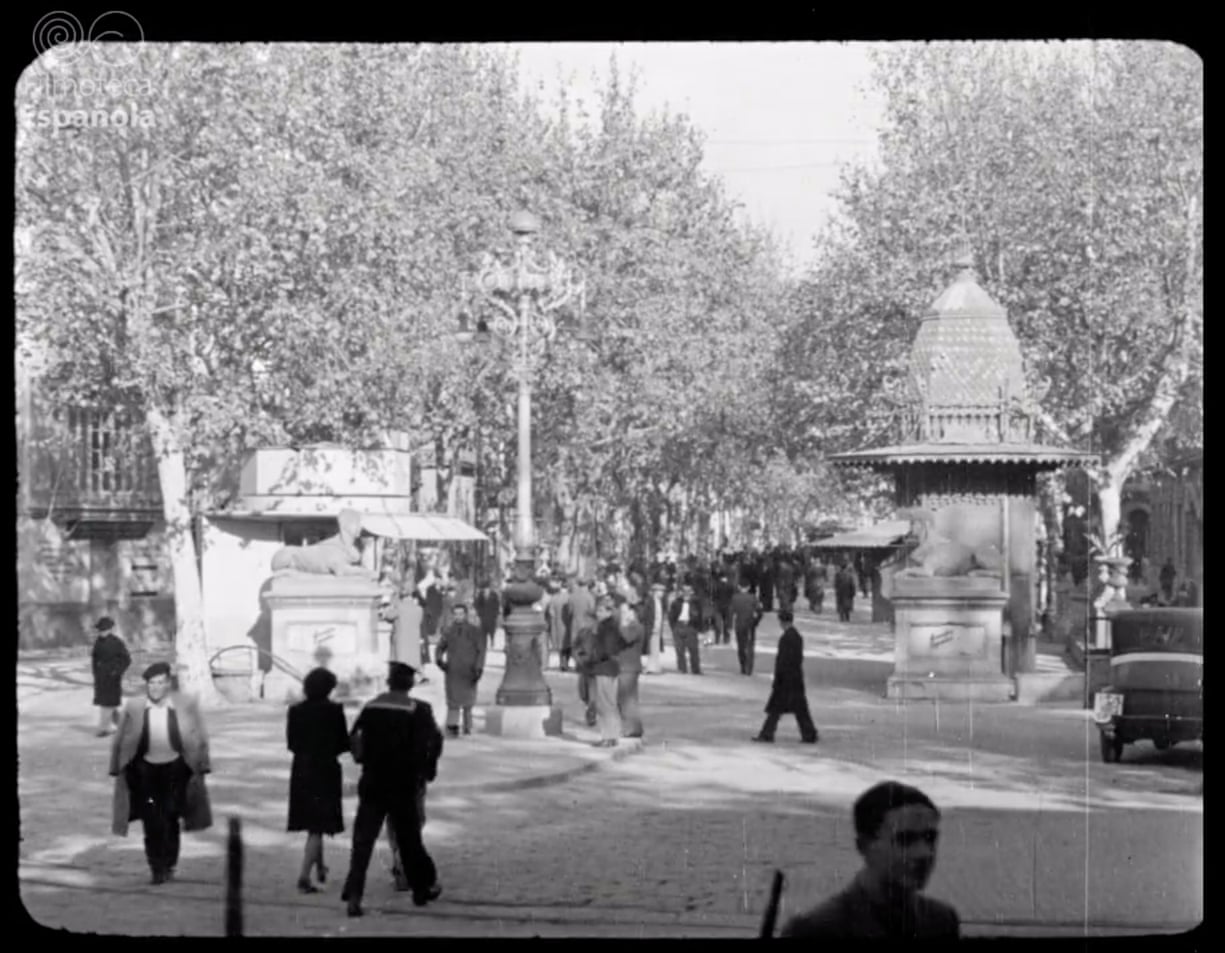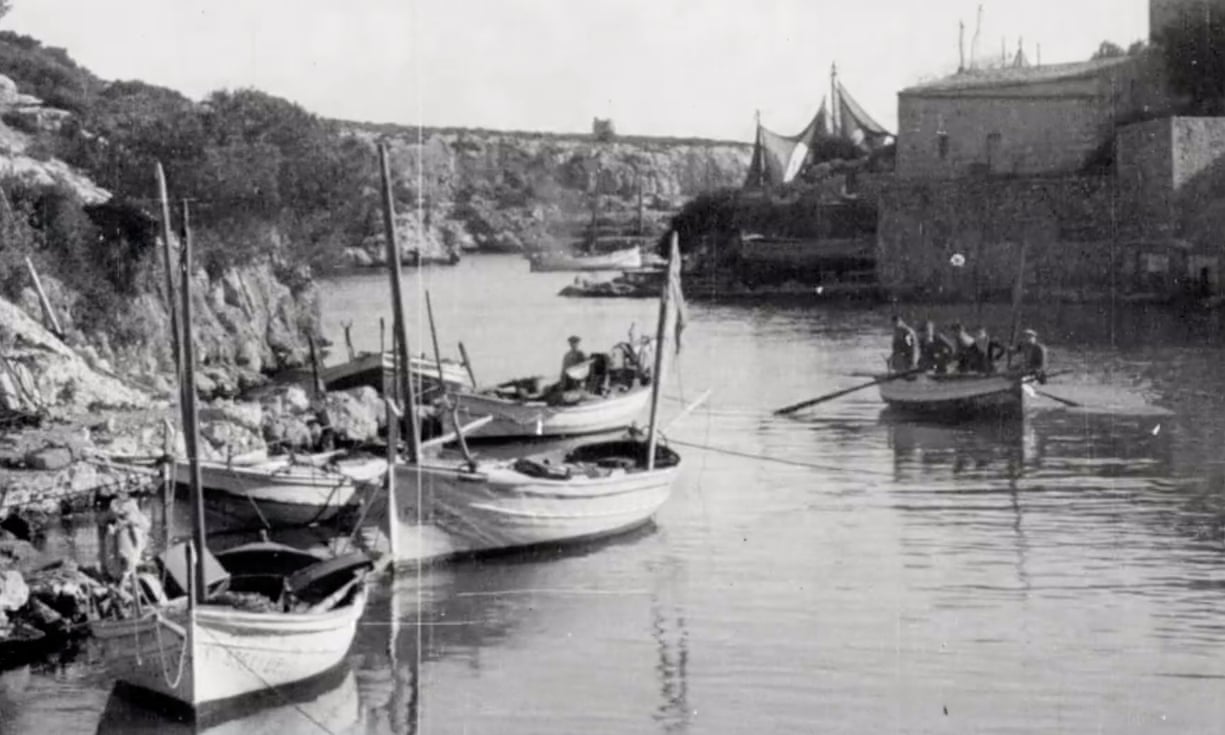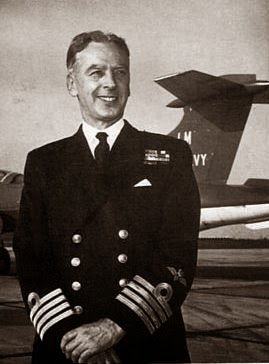Britain’s youngest-ever female pilot set to fly WW1 Sopwith 1½ Strutter
Huzzah! We've finally made it in to 2024 (just!) with this latest item of news, featuring a modern aviation pacesetter and someone who will certainly go on to do great things in the industry - 21-year-old female pilot Ellie Carter.
Miss Carter first made the headlines four years ago when, on her 17th birthday, she became Britain's youngest-ever licensed woman pilot. Flying has obviously been in her blood for much longer, though, judging by the story related in the accompanying articles about her run-in with the USAF authorities at the age of nine(!) not to mention her subsequent aeronautical experiences that led to her record-breaking qualification.
Now another record is set to be broken by this committed aviatrix, as I am delighted to see that she has been chosen to be the first person - and the first-ever woman - to fly a newly-completed [replica] of a workhorse aircraft of the First World War, the Sopwith 1½-Strutter, built over the last 23 years by a team of enthusiasts in East Lothian. Even better the B.B.C. have approached her with the intention of making a documentary about her life and this ground-breaking flight, which is due to be aired later this year. Definitely something I will be looking out for in the schedules!
 |
| source - Picryl French-built Sopwith 1½-Strutter at Air Service Production Centre No. 2, Romorantin Aerodrome, France, 1918 |
As ever with this type of young, dedicated individual it is wonderful to see the obvious, palpable enthusiasm for her chosen calling and her clear desire to make a life's career out of aviation. At the same time her down-to-earth (if you'll pardon the expression!) attitude is equally admirable and, in conjunction with her degree in Aeronautics & Astronautics (which if she hasn't already achieved at the time of writing, I'm sure she will!) will keep her in good stead as a worthy ambassador for women and young girls in aviation and STEM (science, technology, engineering and mathematics) in general. She reminds me very much of another lady pilot (about whom I have also previously blogged), Tracey Curtis-Taylor; I am sure that Ellie Carter will follow a similar path and that this will not be the last time she appears on these pages, or in the annals of aviation history. To borrow an expression familiar to those original 1½-Strutter pilots - "soft landings and no dud engines!"









